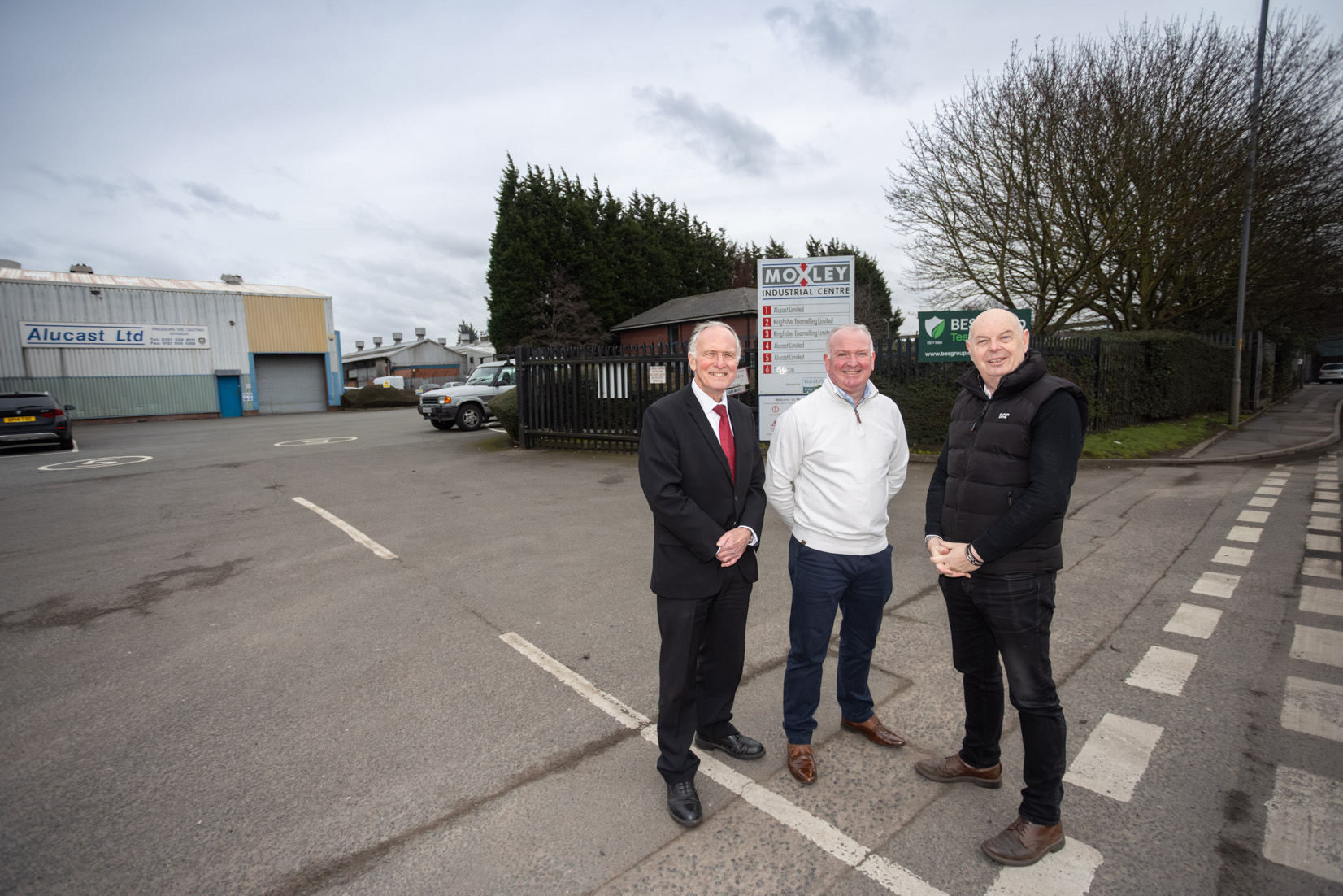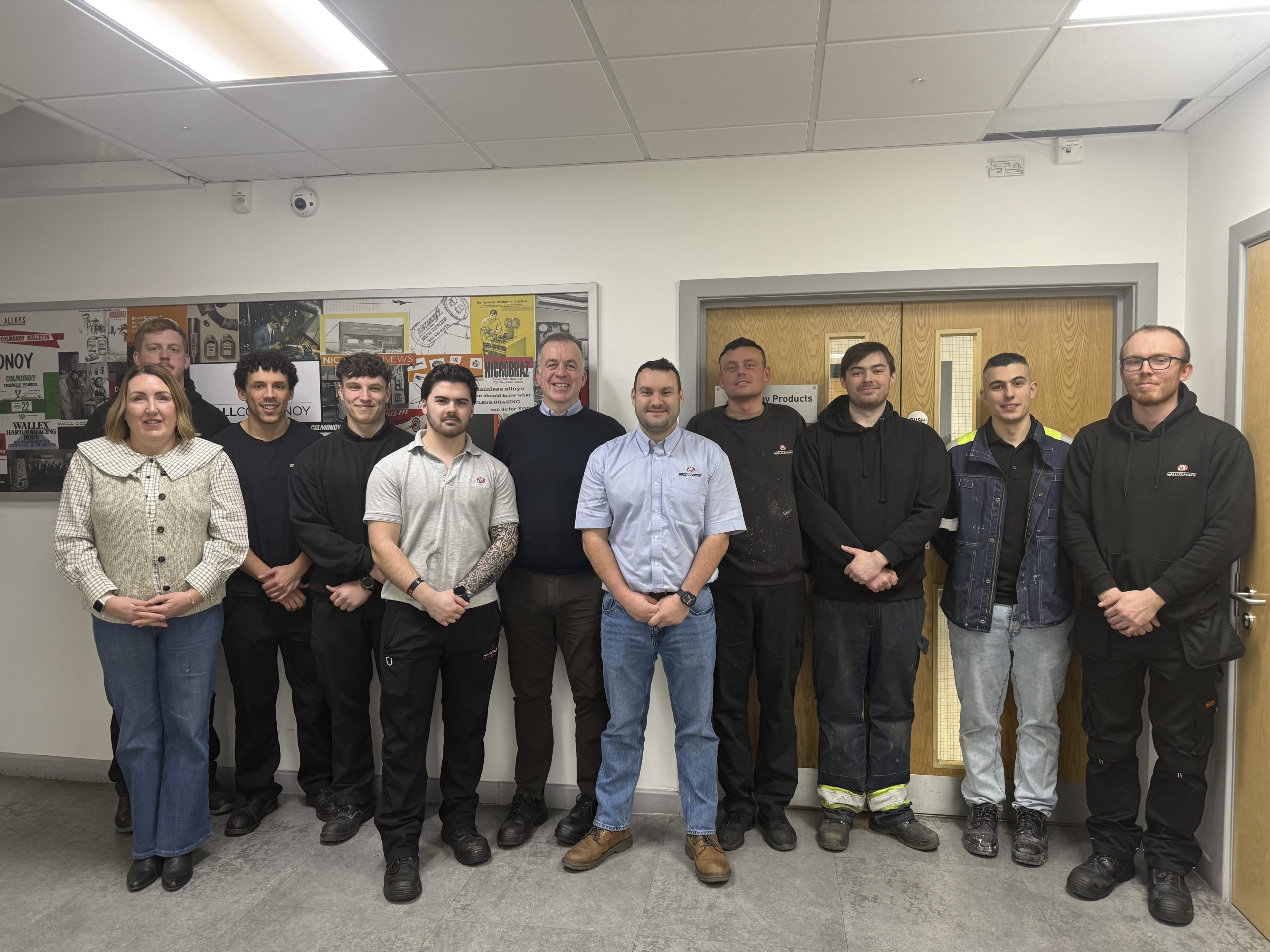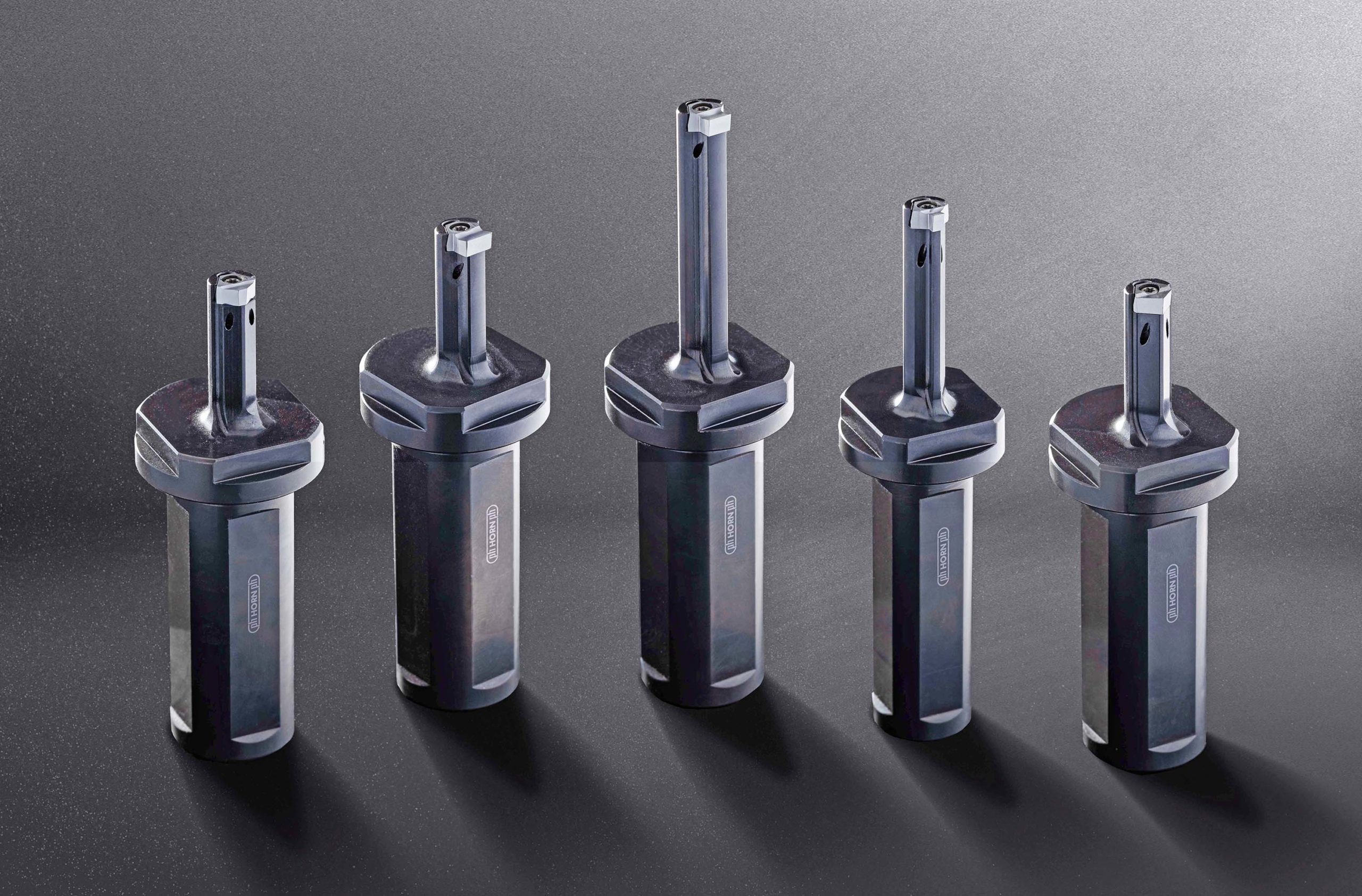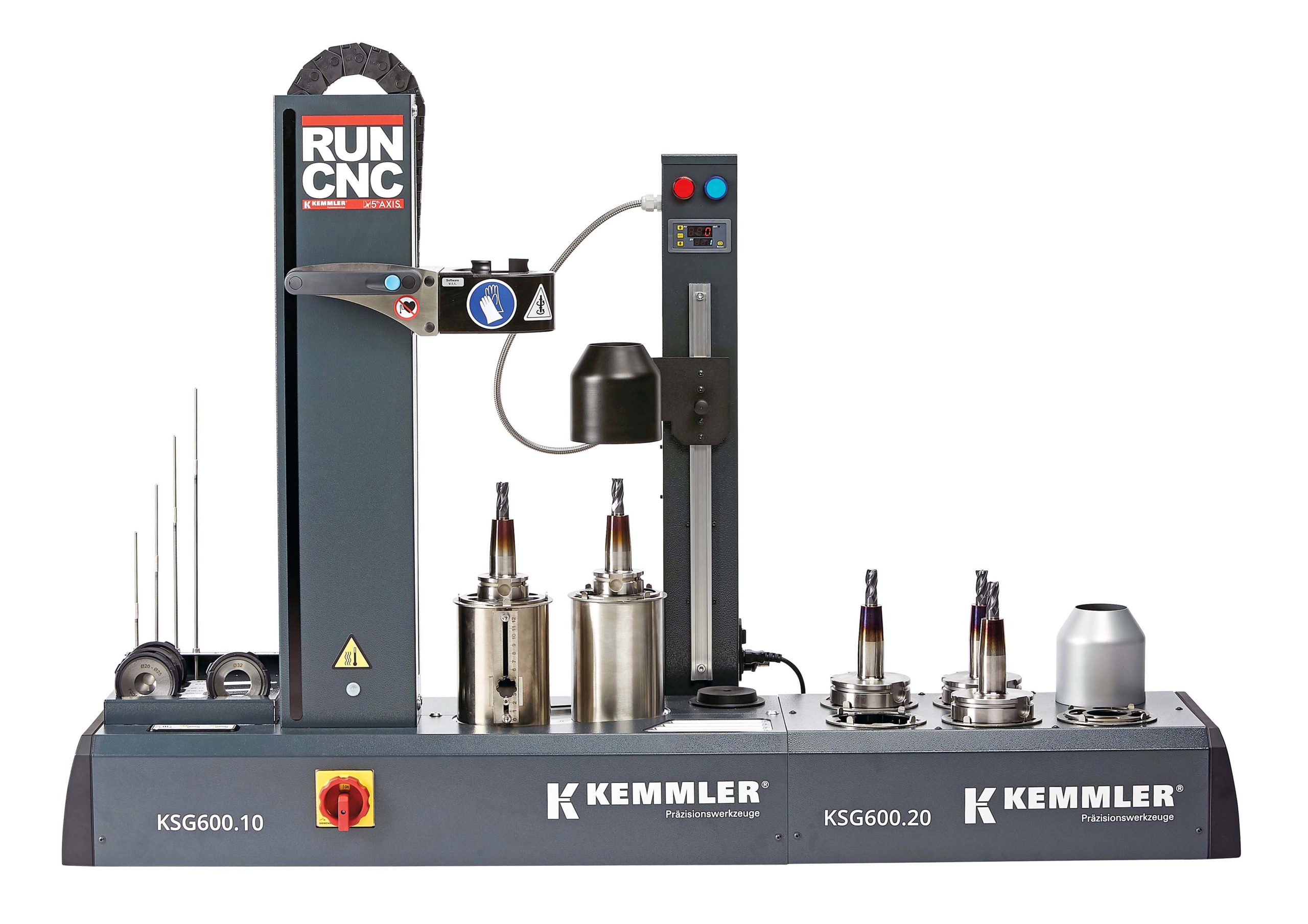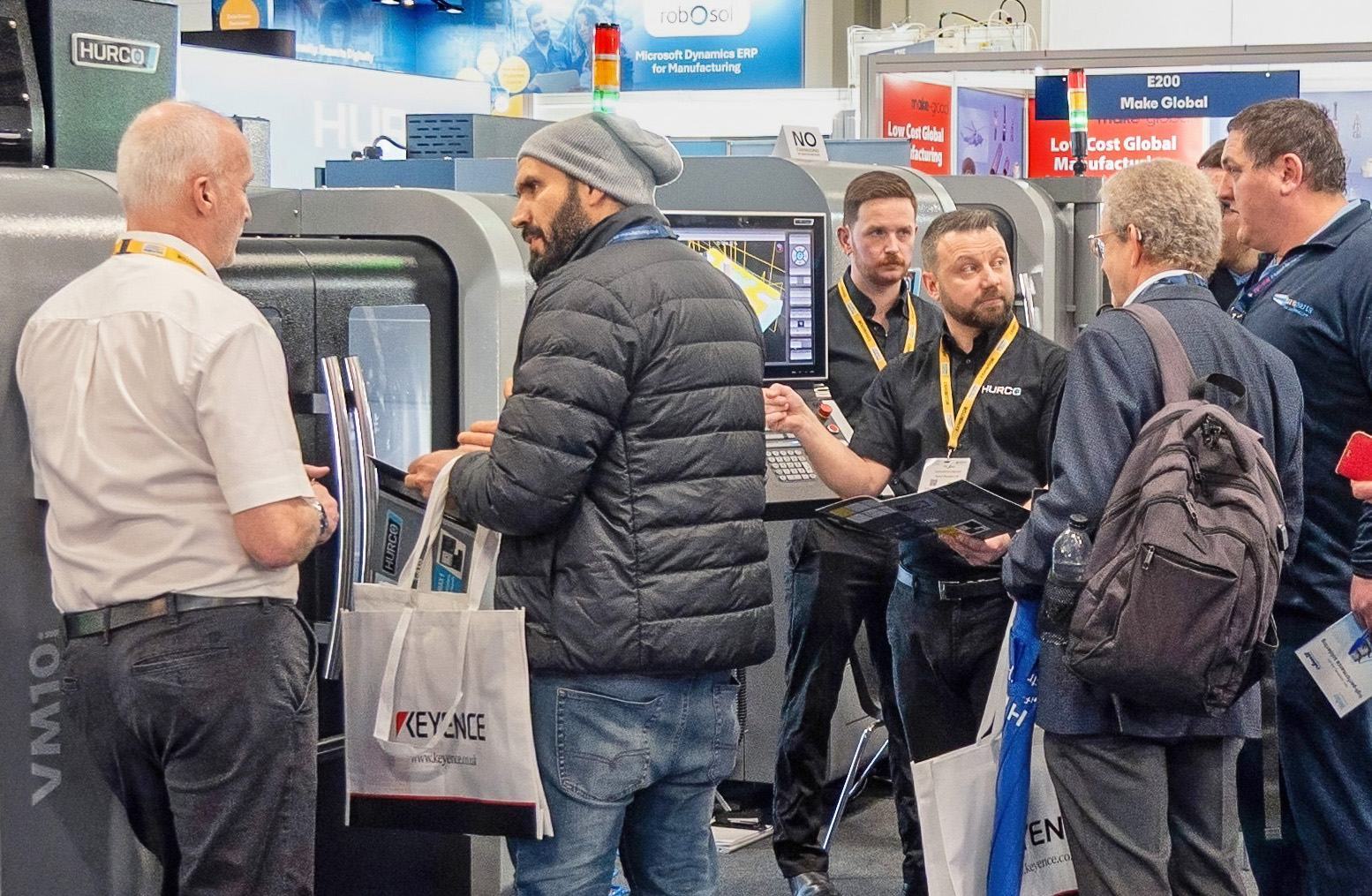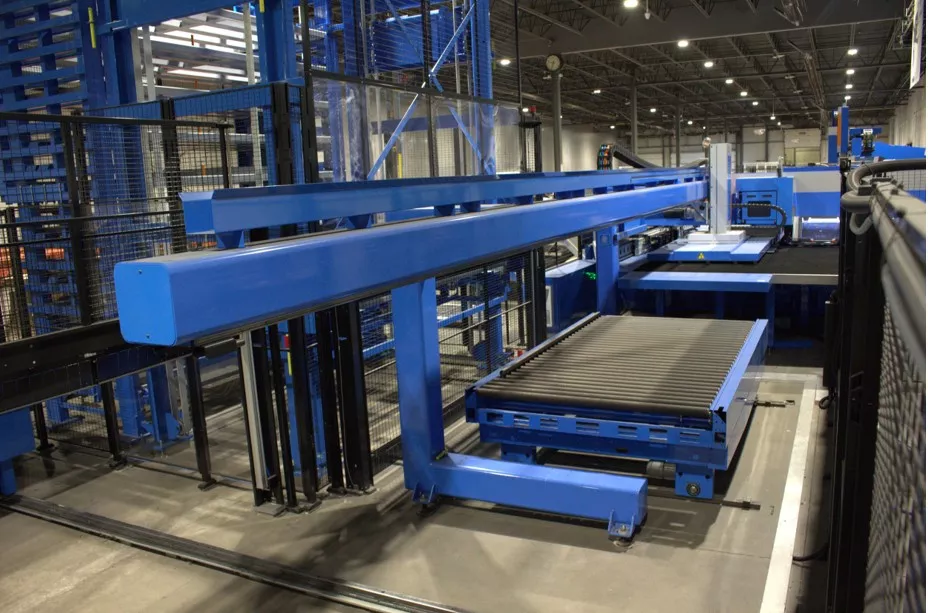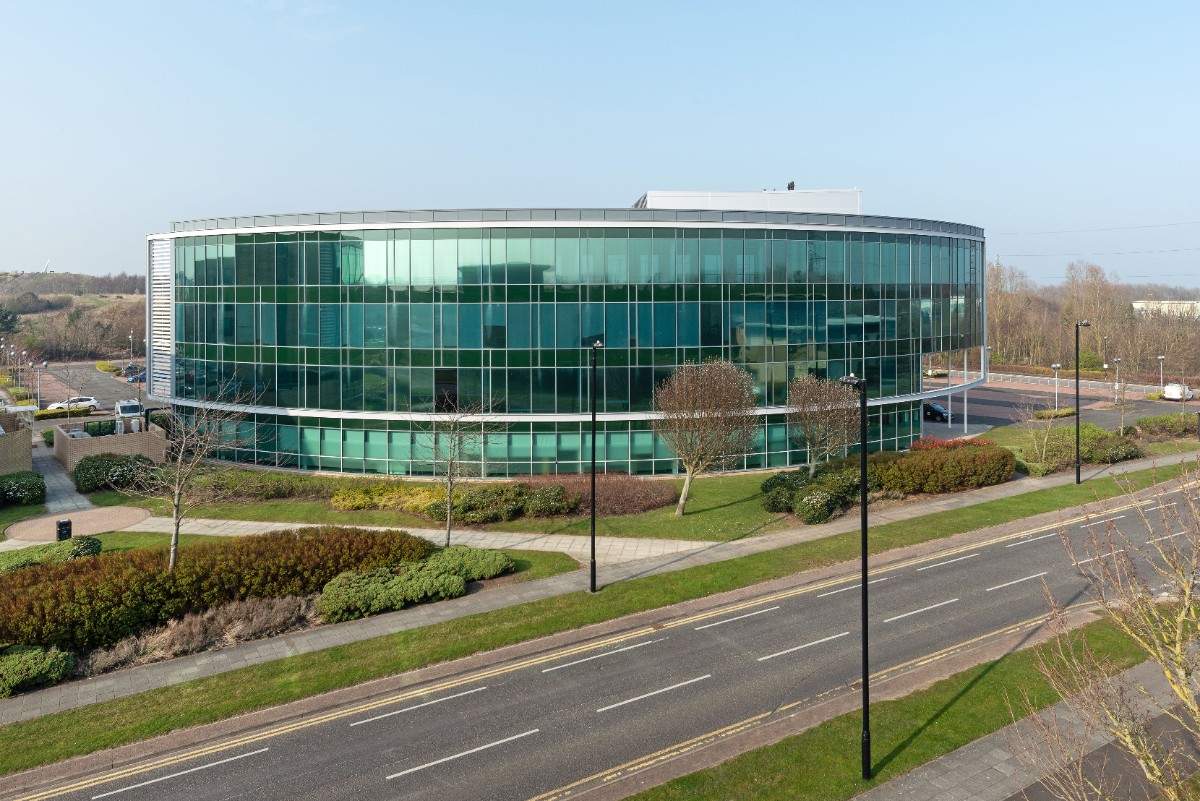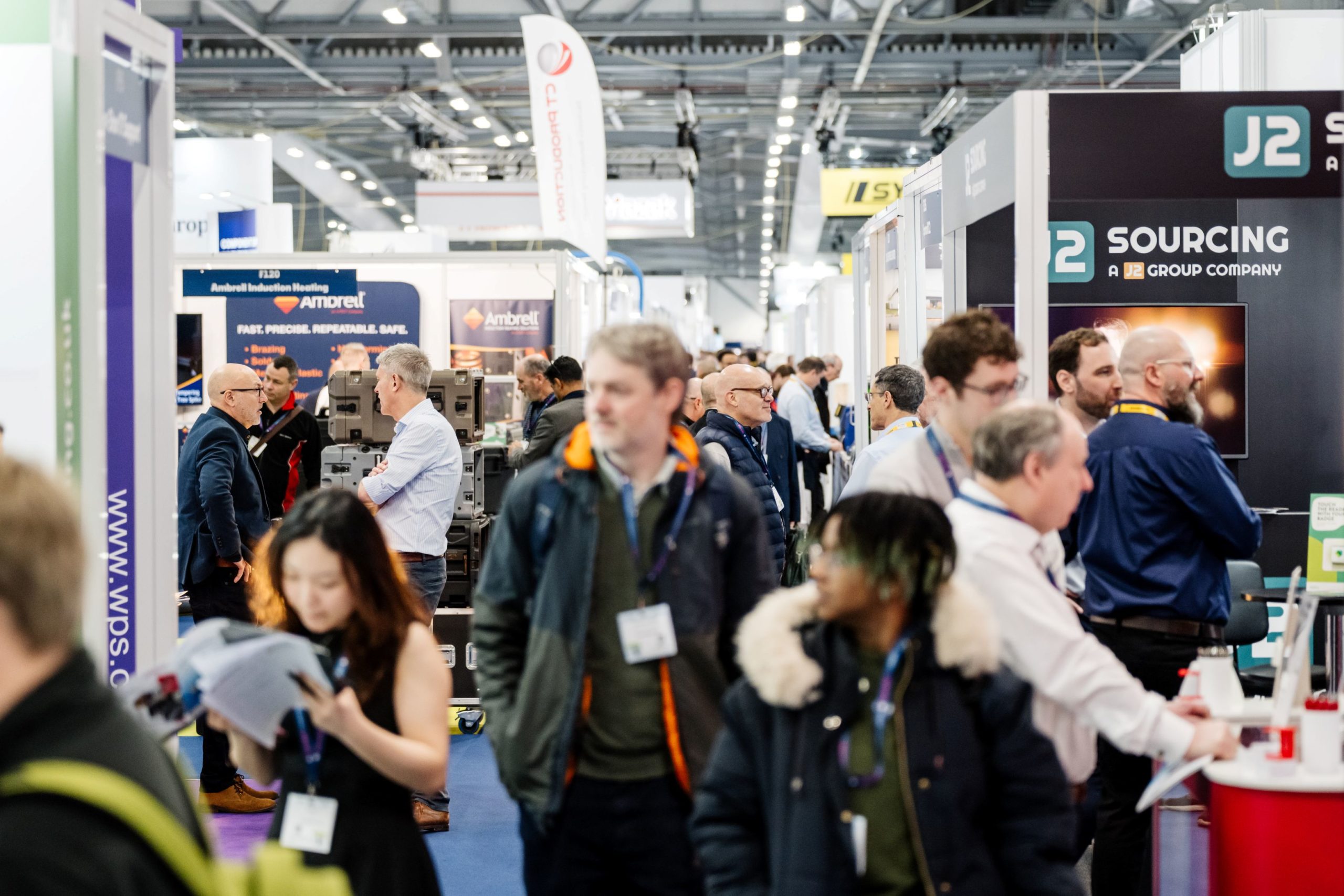3D printing disruptor targets major growth
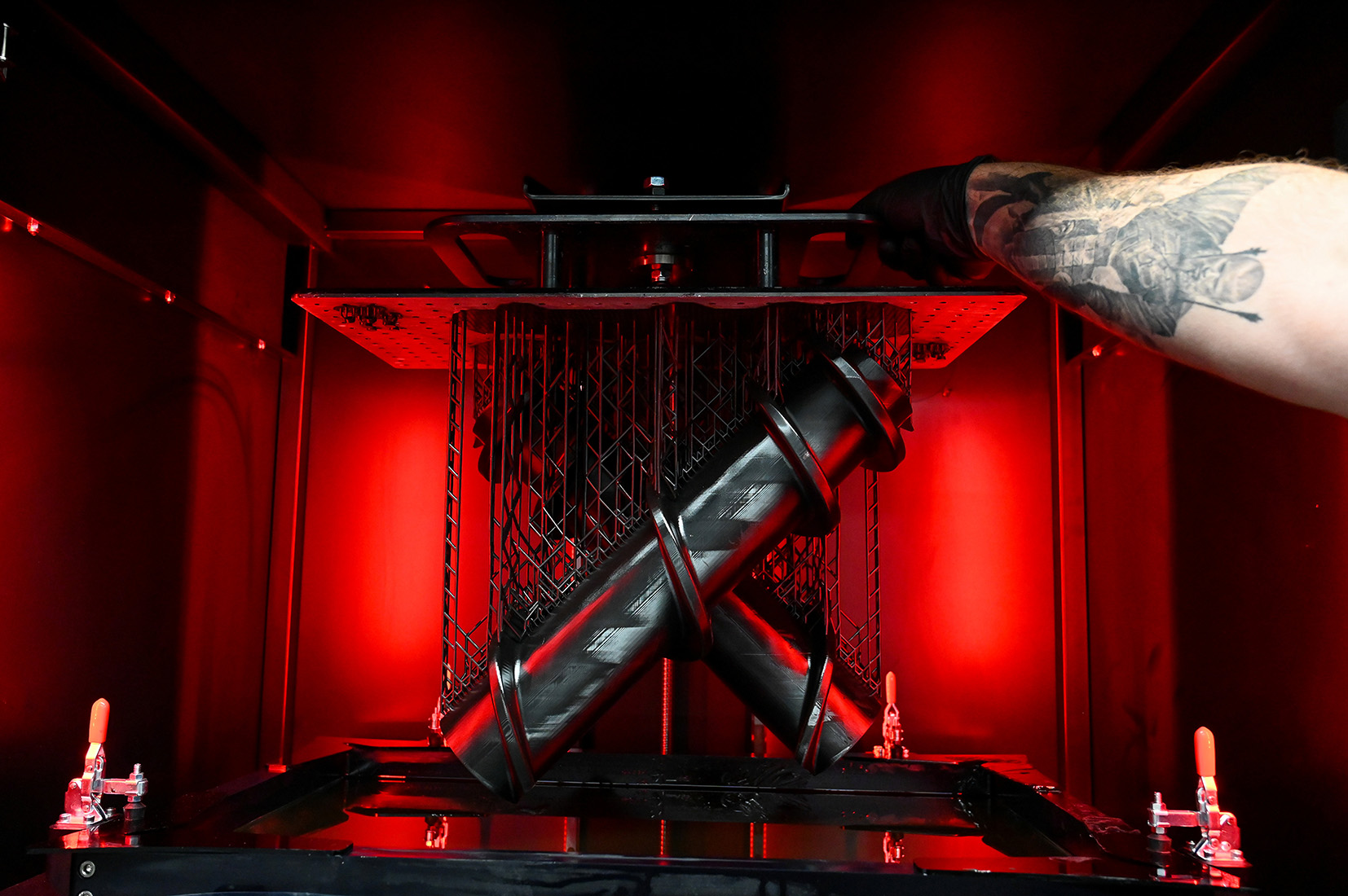
RYSE 3D, which was founded by University Graduate Mitchell Barnes in 2017, has carved a niche in the sector for its ability to provide production components to some of the automotive world’s most exciting current and future vehicles.
The Shipston-on-Stour firm is now involved in 14 Hypercar projects, providing parts ranging from full HVAC (heating, ventilation and air conditioning) systems to brake ducts and wing mirror vision systems for next generation vehicles.
It is now a £multi-million business, with ambitious expansion plans in place to expand across the globe with the roll-out of its technologies.
“Our mission at RYSE 3D is to lead the world in ‘production 3D Printing’ and the development of production 3D Printing technologies that are scalable and cost effective. We are changing perceptions that this form of manufacturing should only be used to prototype or sample parts in the process,” explained Mitchell, who initially started the business 3D Printing models for himself and colleagues for their final year university course to ensure graduation.
“Over £1m has been invested into our modern facility in Warwickshire, with a plan in place to double capacity using RYSE 3D in-house developed printers in the next few months, becoming a technology hub for the UK – this will give us the capacity to handle millions of parts per year and this figure is growing.”
He continued: “Our ability to optimise parts and use 3D printed production components to replace costlier alternatives has opened doors with some of the world’s biggest automotive names, not to mention innovative projects with motorcycle manufacturers, last mile delivery providers and other emerging sectors.
“These wins have helped us expand rapidly and we now have a team of technical experts in place that support the customer with design for manufacture, material selection and project management. It’s a combination that is proving extremely popular overseas too, with 40% of our work exported.”
RYSE 3D, which has increased its workforce by over 200% in the last nine months, offers customers next or same day production and prototype solutions, with structured advice and support.
Its additive manufacturing technologies, such as MJF, SLS, SLA and FDM, use amazing materials, such as plant-based engineering grade nylon that is made from 100% castor beans. This offers a long service life and fits perfectly with the company’s eco-conscious strategy.
Parts can be as small as 1mm x 1mm and go as large as the customer requires thanks to the firm’s 100% same material part fusing process.
With large investment in post-production facilities and the ability to produce textured finishes, RYSE 3D has also been able to create a finished product that is used in a wide variety of discerning vehicle interiors seen around the world.
Mitchell went on to add: “We’ve had some success so far with injection moulding parts using a 3D printed tool, and this could be a massive opportunity for us and revolutionary for many sectors.
“Traditionally, tooling has been machined from metal and usually comes with high costs and long lead times. There is also the added headache of a lack of flexibility if there is an issue with the tool or redesign is required.
“These are all pain points we can overcome with 3D printed tooling and part production, as well as giving clients access to a more sustainable approach, greater material freedom and a repeatable and controllable production environment.”
RYSE 3D started out in a small garage with one homemade 3D printer, with Mitchell often working through the night to create 3D printed car models for university students.
Today, it now sits in an 8000 sq ft facility in the heart of Warwickshire with a skilled team and industry-leading custom-developed technology.
The company has come a long way since those early days and now has a global reputation for its innovation and technical expertise in additive manufacturing.

